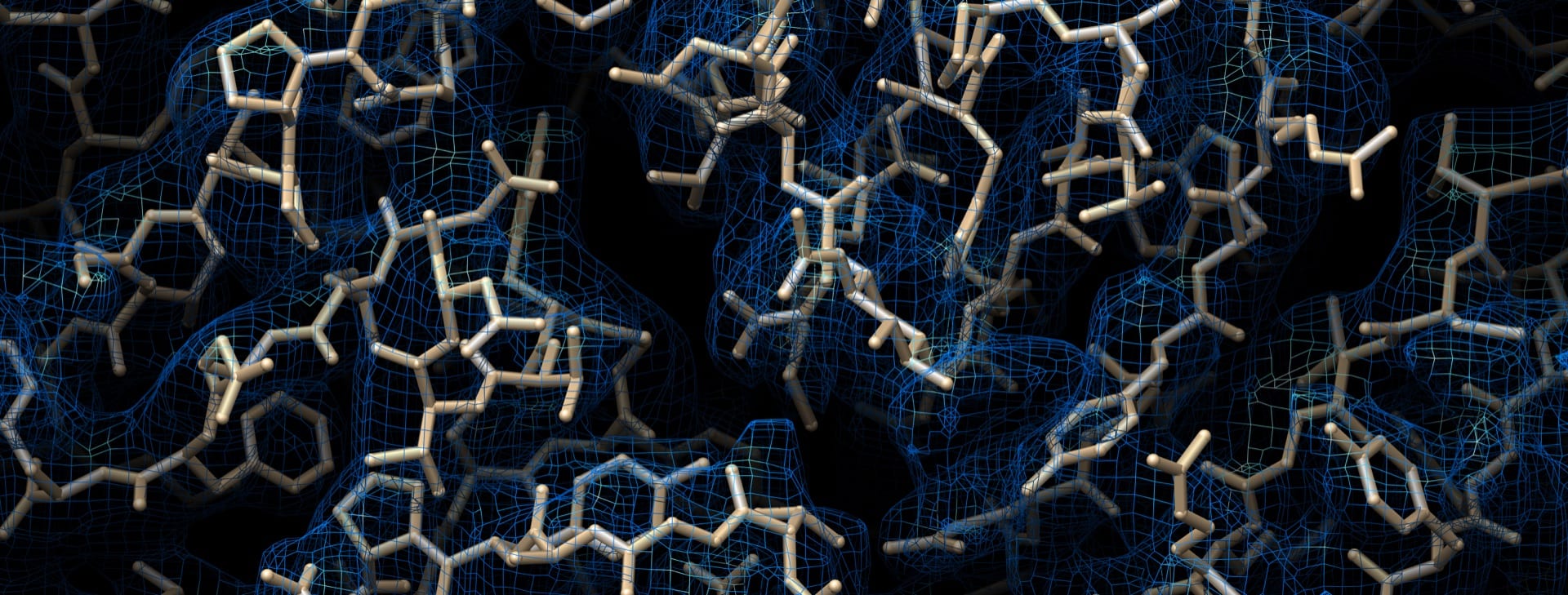Welcome to the Center for Cellular Imaging
The overarching goal of the Center for Cellular Imaging (WUCCI) is to provide reliable and affordable access to state-of-the-art cellular imaging technologies, provide professional guidance in experimental design, sample preparation and data analysis, develop and apply new imaging technologies and work collaboratively with Wash U researchers to advance our understanding of human health and disease.
Do you want to know how much our services cost? How to acknowledge WUCCI in a publication? Or our policies for handling biohazardous materials? Please visit our User Info page before emailing us—you may find your answer there faster.
Schedule your project
Instrument training
Service request
Contact Us
Using the WUCCI’s Online Calendars
Learn about iLab
Schedule microscope
Comprehensive facility
WUCCI offers the full range of services, from training to sample preparation to data analysis. New users should start by visiting our introductory guide and usage policy.
Innovation & collaboration
The WUCCI is engaged in a number of research and development efforts with regard to the development of new instrumentation and imaging workflows. Specifically these are focused on the following themes:
- Biological Applications of Ion Microscopy
- 3DEM approaches for building navigable models of health and disease
- Automated sample preparation instrumentation
- Novel algorithms and interfaces for the visualization and manipulation of large-scale multi-dimensional datasets
The WUCCI welcomes collaboration in the areas of high-resolution imaging studies where relating structure to dynamic function is the focus. In particular the WUCCI is engaged in developing opportunities for program project grants (P01), core resource grants (P30) and joint research project grants (R01).




